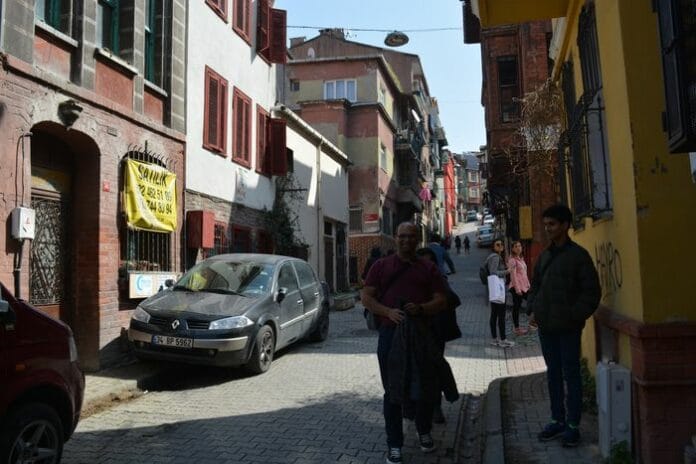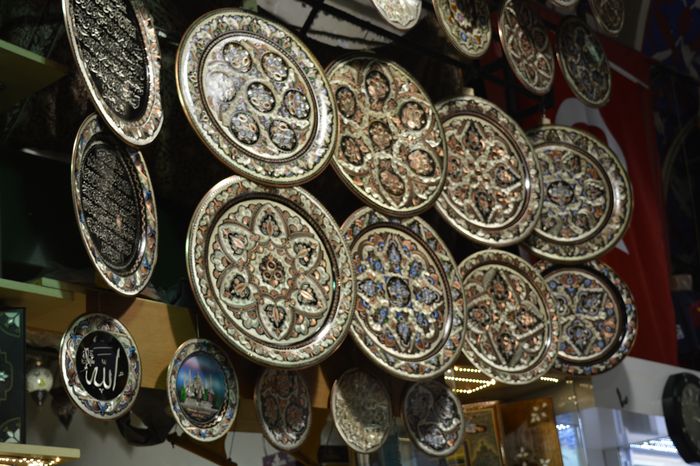In 1921, the Bulgarian Women’s Union (BWU) changed its goals to focus on achieving full civil and political rights for women, including the right to vote.
Growth and Development of BWU (1927)
By 1927, the BWU had grown significantly. It united 60 local women’s associations, with more than 7,000 members from different political backgrounds and social classes. Most of the members were housewives, teachers, and state employees. In terms of education, most of the members had high school diplomas, while only about 8% had graduated from university Demand for Equal Education for Girls and Boys.
Expansion of the BWU in the Early 1940s
In the early 1940s, as Bulgaria annexed Macedonia and reclaimed the territory of Dobrudza, the BWU expanded further. By this time, it included 170 women’s societies with more than 14,000 members in the “United Bulgaria.” Although the BWU mainly focused on issues affecting middle-class women, it also worked on improving the conditions of lower-class women, such as peasants, workers, and maids.
The Founding of the Union “Ravnopravie” (1909)
In 1909, a new organization called Union Ravnopravie (Equal Rights) was founded. This organization came about because of differences and tensions within the Bulgarian women’s movement. It was inspired by the women’s suffrage campaigns happening in Western Europe, where women were demanding the right to vote on the same terms as men istanbul tours.
International Influences on Ravnopravie
The demand for women’s suffrage was endorsed by the Second International in 1907, which supported unrestricted suffrage for both women and men. Encouraged by this, Anna Karima, the first chairwoman of the BWU, along with a small group of women, created the Union of Progressive Women. This new organization specifically focused on gaining civil and political rights for women.
The Role of the New Union
This move caused some tension within the BWU, but Karima assured the members that the new organization would support the BWU’s work. It would focus on women’s rights and political issues. Members of the Union Ravnopravie took action by sending petitions to the Bulgarian Parliament in 1909, asking for changes to the electoral law so that women could vote. By this time, the issue of equal rights for women had also become a key concern for the Bulgarian Women’s Union.








